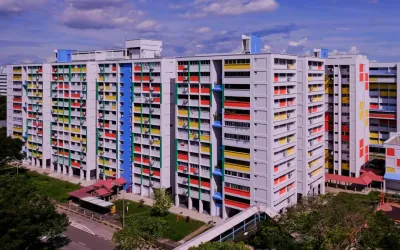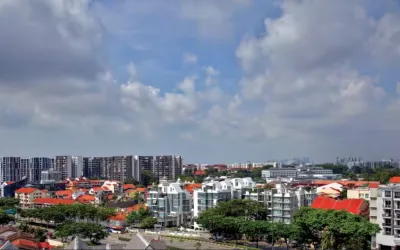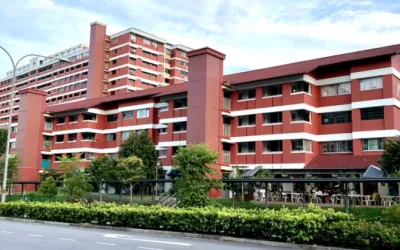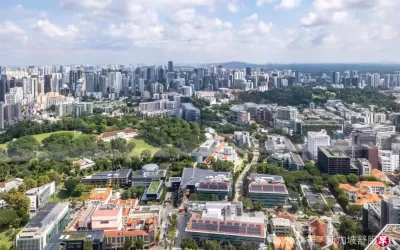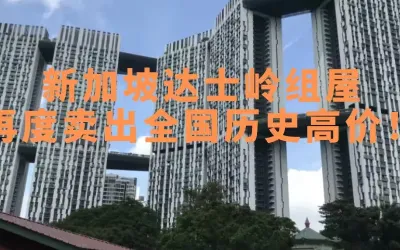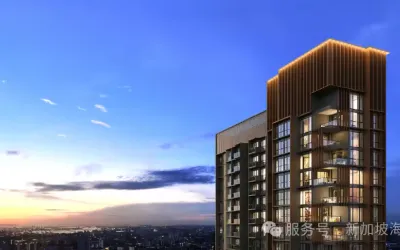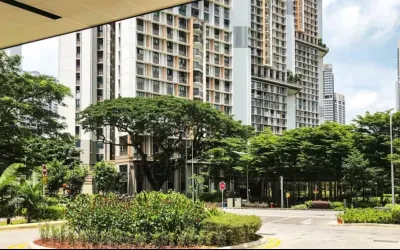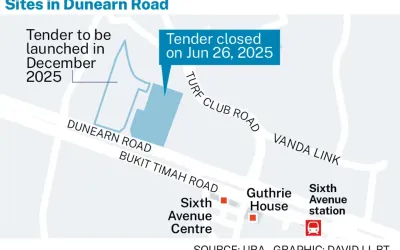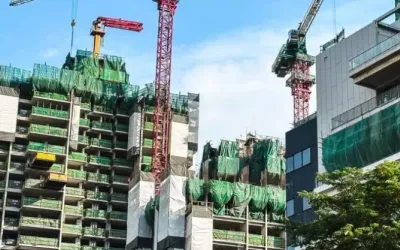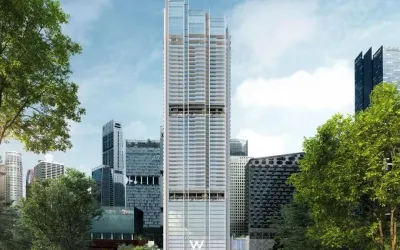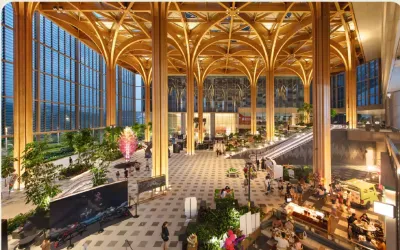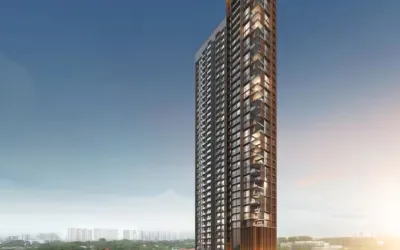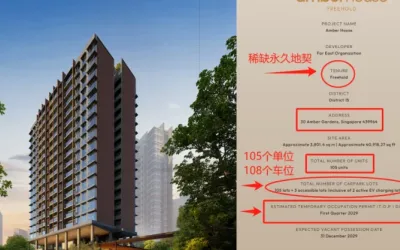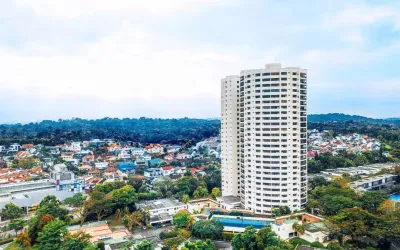2024年7月2日,新加坡國家發展部長李智陞在國會書面答覆義順集選區議員吳順喜拉有關外國投資對店屋價格的影響以及政府為穩定房地產市場而採取的措施等問題。
以下內容為新加坡眼根據國會英文資料翻譯整理:
吳順喜(義順集選區議員)先生詢問國家發展部長,鑒於富有的外國人對本地店屋的投資需求很高:
(a) 政府如何評估店屋價格上漲對整個房地產市場和新加坡人的潛在影響?
(b) 鑒於越來越多的外國資金流入購買有限的當地店屋,是否會考慮像住宅市場一樣限制外國購買,以緩和需求和資產價格通脹?
(c) 是否會協助本地商業租戶應對不斷上漲的店屋租金?
李智陞(國家發展部長)先生:截至2024年第一季度,店屋占市場上辦公和零售空間總存量的9%,對整個房地產市場的影響微乎其微。此外,過去兩年,店屋的成交量和總成交額都大幅下降。過去五年,超過80%的店屋購買者為本地公司和個人。
除店屋外,企業還可租用其他類型的商業地產,包括傳統商業建築(如商場和辦公樓)中的零售和辦公空間。未來幾年,也將有大量零售和辦公空間投入使用,以滿足需求。
儘管如此,政府將繼續監測房地產市場,並在必要時調整政策,以促進房地產市場的穩定和可持續發展。

以下是英文質詢內容:
Mr Derrick Goh asked the Minister for National Development given high investment demand by wealthy foreigners for local shophouses (a) what is the Government's assessment of the potential impact of higher shophouse prices on the wider property market and Singaporeans in general; (b) whether restrictions for foreign purchases, as with the residential market, will be considered to moderate demand and asset price inflation given increasing foreign fund inflows buying limited supply of local shophouses; and (c) whether local business tenants will be assisted to cope with rising shophouse rents.
Mr Desmond Lee: Shophouse spaces make up 9% of the total stock of office and retail space in the market as of 1Q2024 and its impact on the wider property market is minimal. In addition, shophouse sale transaction volume and total sale transaction value have fallen significantly over the last two years. Over the past five years, more than 80% of shophouse purchases were by local companies and individuals.
Apart from shophouses, businesses can also rent spaces in other types of commercial properties, which include retail and office spaces in conventional commercial buildings, like malls and office buildings. There is also ample supply of retail and office space coming onstream over the next few years to cater to demand.
Nevertheless, the Government will continue to monitor the property market and adjust our policies, as necessary, to promote a stable and sustainable property market.
HQ丨編輯
HQ丨編審
新加坡國會丨來源
